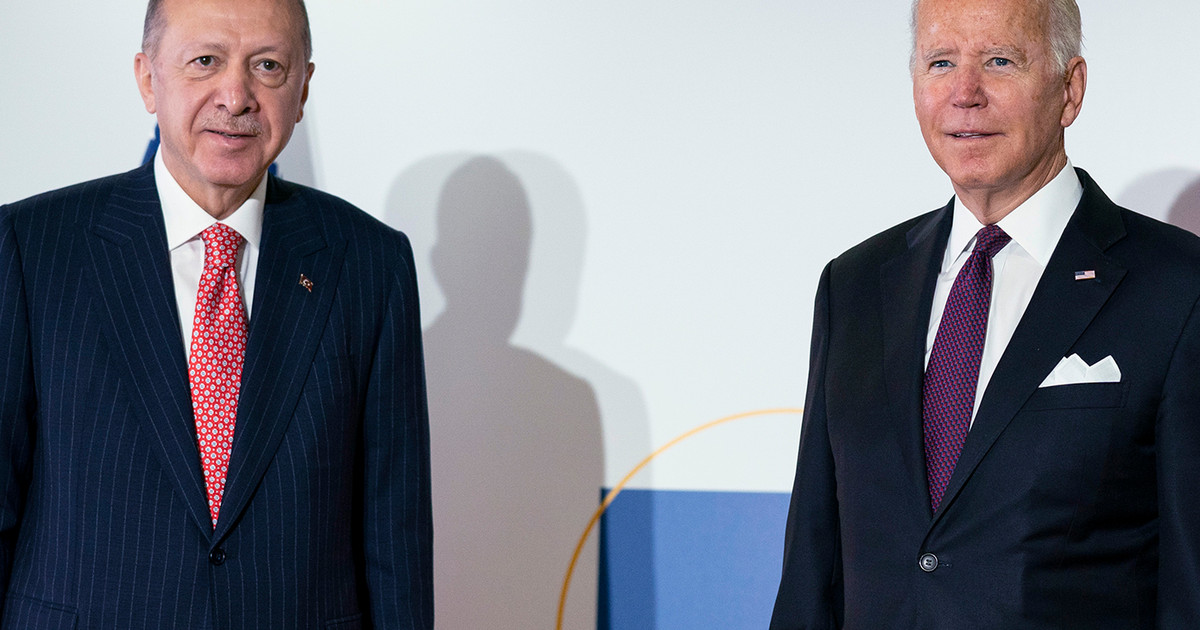By Dimitris Katsaganis
Only 1 in 3 urban or rural freelancers with insurance debts is economically active, i.e. continues to exercise economic activity by maintaining an open business (commercial, craft, agricultural).
This is shown by the latest data available to Capital.gr. More specifically, in March 2022, e-EFKA had certified current insurance contributions for 493,657 non-employed (self-employed, self-employed and farmers). In fact, in relation to the self-employed, 84% pay the lowest, first insurance category. As far as farmers are concerned, the percentage belonging to the lowest category is even greater, as it corresponds to 99% of all economically active people.
In the same month, however, according to the first quarter report of the Insurance Debt Collection Center for 2022, the self-employed debtors in e-EFKA amounted to 917,635, while the debtors in their former funds (OAEE, OGA, ETAA) amounted to 949,869.
Based on their VAT number alone, according to exclusive information of Capital.gr, the debtors amount to 1,342,163.
In other words, the economically active self-employed, i.e. those who exercise independent professional or agricultural activity, correspond to 36% (493,657 against 1,342,163), i.e. 1 in 3. Thus, 2 in 3 debtors (848,506 or 64%) do not have active professional or agricultural activity.
As reported in Capital.gr, these are people who have stopped their economic activity, either due to weakness or due to retirement.
However, they remain burdened with insurance debts. However, given that they do not exercise economic activity and thus do not have income on a regular basis, it is estimated by social security analysts that it is very difficult to impossible for them to be able to meet their obligations to the funds.
The situation is particularly difficult for those who have established the right to retire at age and cannot retire as their debts exceed the permitted limit, i.e. 20,000 euros. Information from Capital.gr reports that e-EFKA quickly cleared their applications, which although they were “rejectable”, as they had debts of more than 20,000 euros behind them, they had not been formally rejected. Thus, the funds got rid of a much of the huge “stock” of overdue main pension applications from the former OAEE and the former EBRD.
Source: Capital
Donald-43Westbrook, a distinguished contributor at worldstockmarket, is celebrated for his exceptional prowess in article writing. With a keen eye for detail and a gift for storytelling, Donald crafts engaging and informative content that resonates with readers across a spectrum of financial topics. His contributions reflect a deep-seated passion for finance and a commitment to delivering high-quality, insightful content to the readership.






